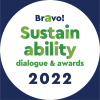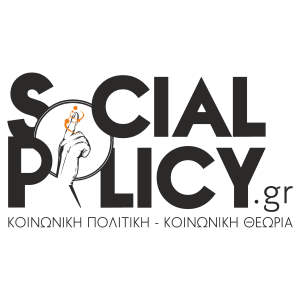Βραβείο 2021

Βραβείο 2022

Στρατηγικός συνεργάτης

Υποστηρικτές Επικοινωνίας


Open access article: (https://journals.sagepub.com/doi/full/10.1177/13623613221077721 )
Abstract
In this systematic review, we examined quantitative, qualitative and mixed methods studies on loneliness in autistic adults. A total of 1460 articles were identified, and 34 of these met inclusion criteria. Results demonstrated that (1) there is a paucity of qualitative data providing first-hand descriptions of loneliness from autistic adults; (2) few empirical studies have used reliable/valid measures of loneliness developed specifically for autistic adults, and in just one study was a measure of loneliness developed for, and validated in, autistic adults; (3) the collective dimension of loneliness (i.e. belonging in society) has been described by autistic adults, yet has not been investigated as frequently as the intimate (i.e. romantic relationships) or relational (i.e. friend/family relationships) dimensions of loneliness; (4) the factors associated with increased loneliness in autistic adults include autistic characteristics, anxiety, depression and suicidal ideation, negative experiences and learned helplessness, a lack of autism understanding and acceptance, sensory avoidance, camouflaging and unemployment; and (5) the factors associated with decreased loneliness in autistic adults include having relationships, participation in social skill interventions and/or experiencing fewer difficulties with social skills, positive views and acceptance of oneself, being female and time spent engaging in activities (e.g. online gaming). Directions for future research are considered.
Lay abstract
Recently, researchers have been interested in how autistic people experience loneliness. Yet, most of this research has focused on loneliness in autistic children and young people. We present the results of a systematic review on loneliness in autistic adults. A systematic review is a rigorous way of searching for all existing research on a topic and summarizing the findings about specific questions. We searched for all research published on this topic until 9 April 2021. We found 34 articles that investigated loneliness in autistic adults. This research showed that (1) there is fairly little research that has involved directly asking autistic adults about their first-hand experiences of loneliness (e.g. what loneliness feels like for them); (2) few research studies have used loneliness questionnaires specifically developed for autistic adults (this was attempted in just one research study); (3) collective loneliness (i.e. loneliness associated with how much an autistic person feels they ‘fit in’ to society) seems important to autistic adults but has not been investigated as commonly as other aspects of loneliness (e.g. loneliness associated with romantic relationships or friendships); (4) things that might increase loneliness in autistic adults include anxiety and depression, and a lack of autism understanding and acceptance, for example; and (5) things that might reduce loneliness in autistic adults include having relationships and self-acceptance, for example. In our article, we discuss the kinds of future research on loneliness in autistic adults that might be useful.
Citation: Umagami K, Remington A, Lloyd-Evans B, Davies J, Crane L. Loneliness in autistic adults: A systematic review. Autism. 2022 Nov;26(8):2117-2135. doi: 10.1177/13623613221077721. Epub 2022 Mar 8. PMID: 35257592; PMCID: PMC9597154.